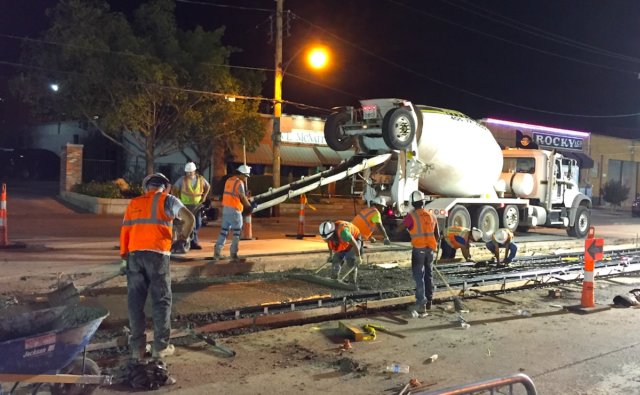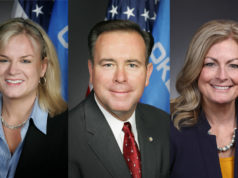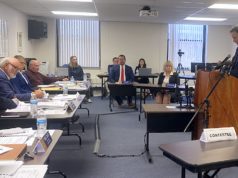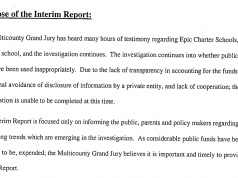
Labor omnia vincit. Our state’s motto, “Labor Conquers All,” indicates the importance our state places on the worker and the realization that a successful workforce creates a prosperous state.
As labor commissioner, I am tasked with preserving, protecting and promoting the welfare of the wage earner. Oklahoma’s workers are our state’s greatest asset, and each has the right to work in an environment that is fair, equitable, healthy and safe.
At the Oklahoma Department of Labor, we do this through protecting workers financially and through workplace safety efforts, and as chairwoman of the Occupational Licensing Task Force, we are striving to protect workers from burdensome regulations.
Our agency serves as an advocate for Oklahoma employees and fights to protect their right to wages rightfully owed. Our wage and hour division investigates claims of unpaid wages and vigorously pursues payment on behalf of employees when warranted.
These are often smaller claims owed to a worker — $780 on average. But for a single mom and for many Oklahomans, that can be substantial and vital for their family’s well-being. This service is free to the public and indispensably important as an advocate for Oklahoma’s wage earners.
Another service the agency offers is free safety and health consultations for private and public sector businesses. Our knowledgeable team can help a company walk through an OSHA inspection, identify hazards and offer real solutions to avoid costly fines and better protect their workers. In 2015, we saved Oklahoma businesses more than $33 million in potential OSHA penalties. That’s money that companies can invest upfront to improve workplace safety to better protect Oklahoma’s workers.
Occupational licensing reform is yet another way we can promote the welfare of the wage earner. Protecting the public should be the primary concern of occupational licensing. Additionally, what is the governmental interest in a particular occupation, and then, what should the government’s role be?
The Occupational Licensing Task Force is creating an objective, practical tool that policymakers can use to determine if a license needs to be established in a particular occupation, or if there is a less restrictive means to protecting the public. We are also creating a database of every license the state issues to compare which licenses may have overly burdensome fees or disproportionate training requirements. Through the Task Force’s public meeting, we learned how licensing requirements can be a barrier to escaping poverty or used as a means to decreasing competition in a particular industry.
It is truly a privilege to serve as an advocate for protecting Oklahoma’s workers. Our workers are the backbone of our great state and deserve a fair chance at succeeding. Let us take this Labor Day as an opportunity to celebrate the American worker and their contribution to society.





















